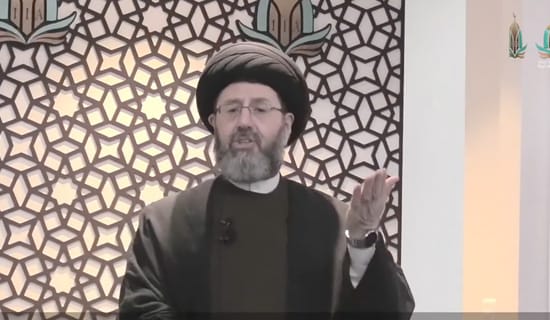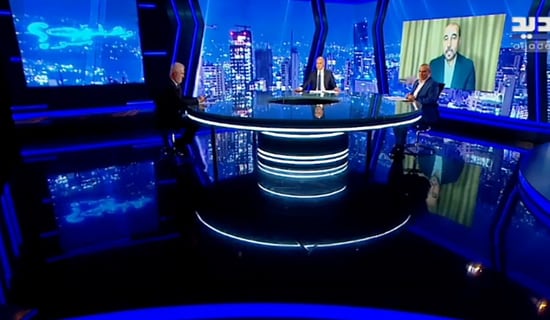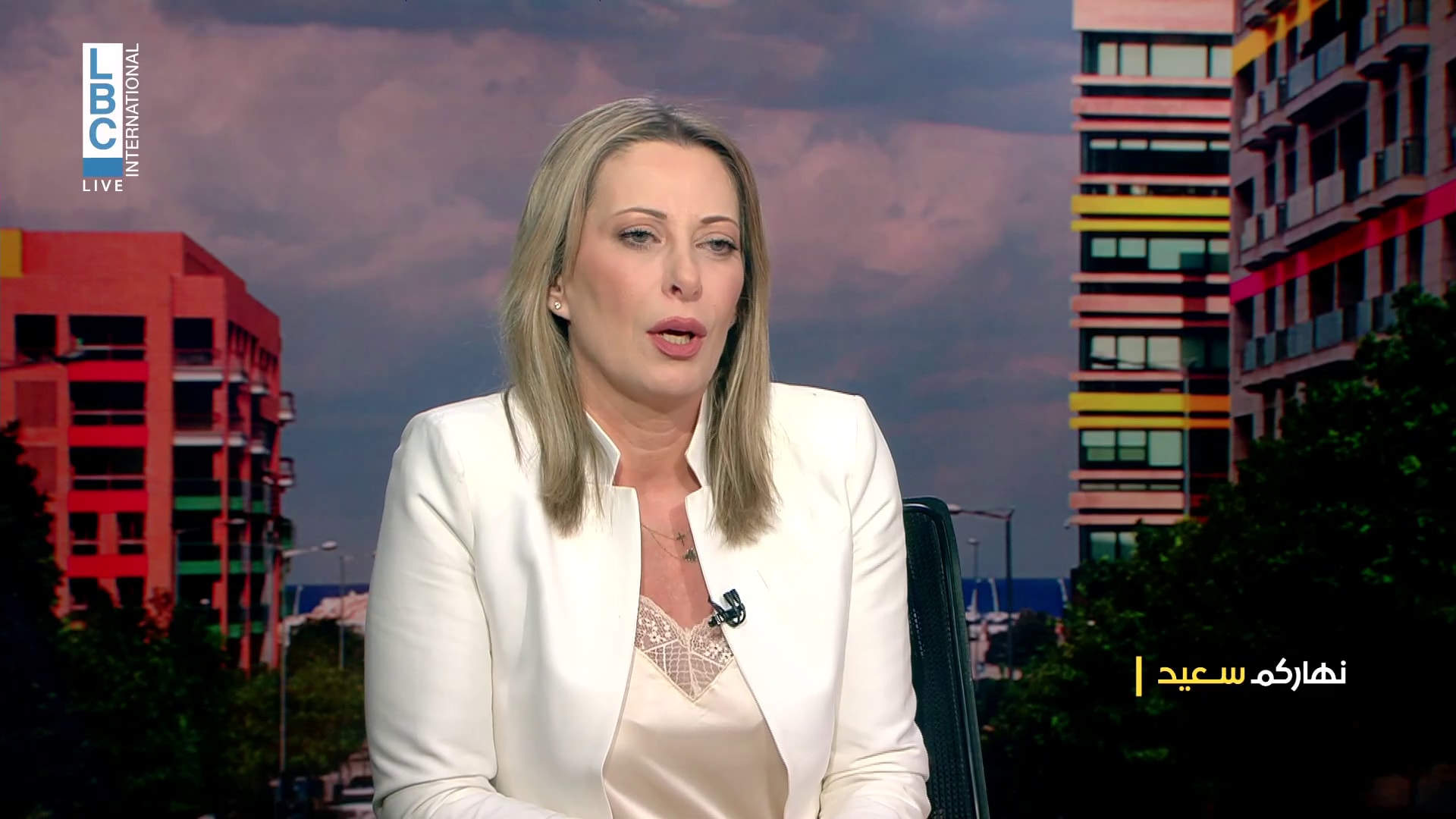
Iranian Vice-President Ali Akbar Salehi, Head of Iran's Atomic Energy Organization, emphasized, in response to Trump's elections campaign rhetoric, that "the technical aspect of the [JCPOA] is completely sealed." The negotiations are over, he said, "especially with regard to the technical articles, which are the backbone of the agreement." Saleh further said that if Washington renounced the deal, Iran would be better off than it was prior to the agreement. "We are capable of going back to where we were before the agreement, in a way that would baffle and shock the American administration," he said. His statements were made in an Al-Jazeera TV interview, which aired on January 23.
Ali Akbar Salehi: "With regard to the technical aspect, everything is going well. Iran has carried out what it committed itself to do. Recently, we have carried out the latest step, by removing the infrastructure of the centrifuges at the Fordo facility. In his recent reports, Mr. Amano said that Iran has abided by its commitments, and has fulfilled its promises in keeping with the agreement. With regard to the legal aspect, which relates to the issue of inspections, and the issue of the Additional Protocol – we emphasize that there are no problems of any kind. What is left is the aspect of the sanctions and the political issues. That is where the problems lie, because the other side has not complied with its commitments in the agreement. Perhaps ostensibly, it has done a few things, in order to suggest that it was abiding by its commitments, but the truth is that it has done nothing. Otherwise, how could we account for the fact that our relations with the big banks have not progressed even one step?"
Host: "When you talk about 'the other side,' you mean the U.S. or everybody?"
Ali Akbar Salehi: "Indeed, I mean America. So far, it has done nothing worthy of mention. It has not implemented anything in the necessary manner – especially with regard to giving the green light to the big banks. These banks still treat us with suspicion and with hesitation. Because they have not heard a clear message from the Americans. Ostensibly, it seems that American is doing what it should, but surreptitiously, behind the scenes, it does not do anything, and is even acting to thwart everything.
[...]
"The [American] positions toward us are definitely negative, but in a way, some of them work to our advantage. When the elected U.S. president says that the agreement is the worst deal in history, the question is whether it is bad for Iran or for America and its president. He definitely means that the deal is bad for him, because he wants to impose upon us a bad agreement. Obviously, this will never happen. We do not want to pass judgment in advance. We prefer to wait in patience for the new administration to start working, to see what it will do in the world of reality.
"Luckily, we in Iran are prepared for all possibilities. If the new administration maintains the agreement, and abides by its articles and by Washington's commitments, this will be a good thing. This is what we want. We do not want the agreement to suffer any setback.
[...]
"But if Washington renounces the agreement, it will have to bear responsibility for that in the eyes of international public opinion. We would lose nothing, because we would be going back to where we had been before the agreement. This is written in the agreement itself. We are capable of going back to where we were before the agreement, in a way that would baffle and shock the American administration."
[...]
Host: "So, Iran is capable of going back to where it was before the nuclear agreement..."
Ali Akbar Salehi: "Yes, quickly and to a much better nuclear position than before the agreement. We do not wish this to happen. Iran will not be the first to violate the nuclear agreement. This is our decision in Iran."
Host: "In short, is Iran ready to make any change to the nuclear agreement? Some in America say that the purpose of all this pressure is to introduce changes into the nuclear agreement. Is Iran ready for that?"
Ali Akbar Salehi: "Absolutely not. Let me emphasize that the technical aspect of the agreement is completely sealed."
Host: "What if they make political demands?"
Ali Akbar Salehi: "We cannot go into this now, but there will be no new process of negotiations on the nuclear agreement. This is very clear."
Host: "So the negotiations are over?"
Ali Akbar Salehi: "Yes, they are over, especially with regard to the technical articles which are the backbone of the agreement. The articles that relate to uranium enrichment, heavy water, the Arak plant, and the other issues – the discussion about them is over and has been sealed."













